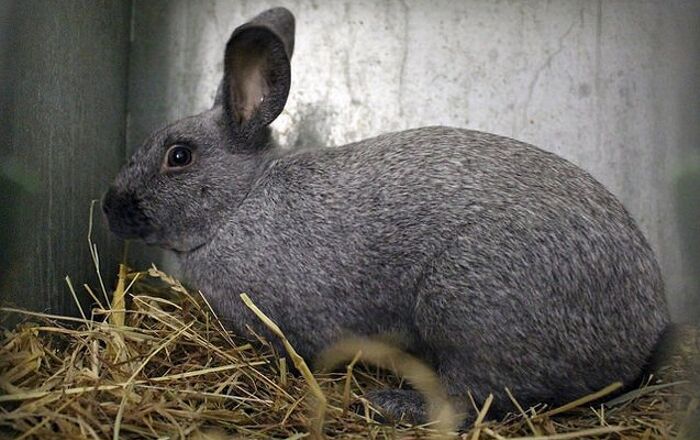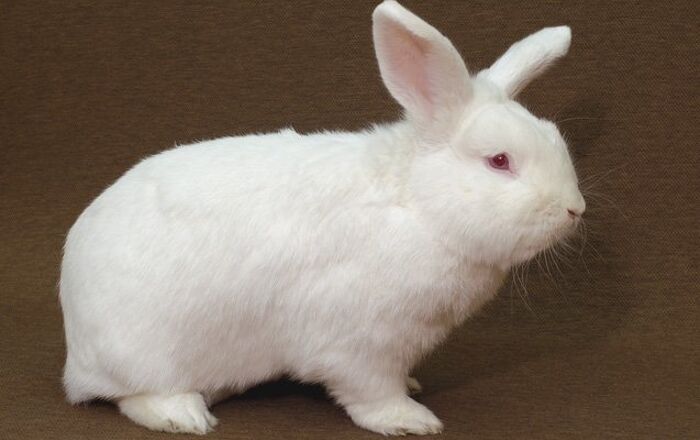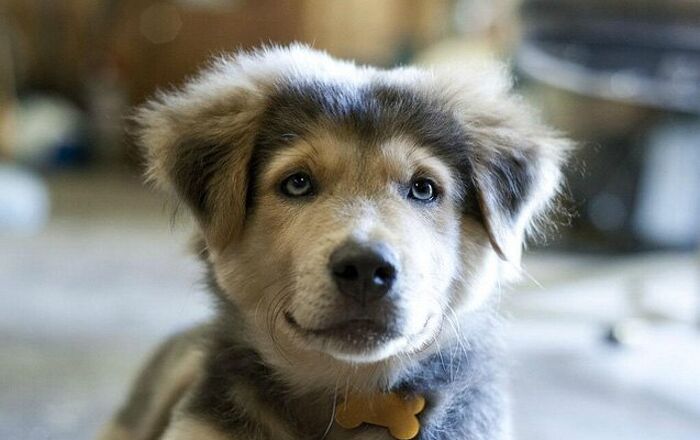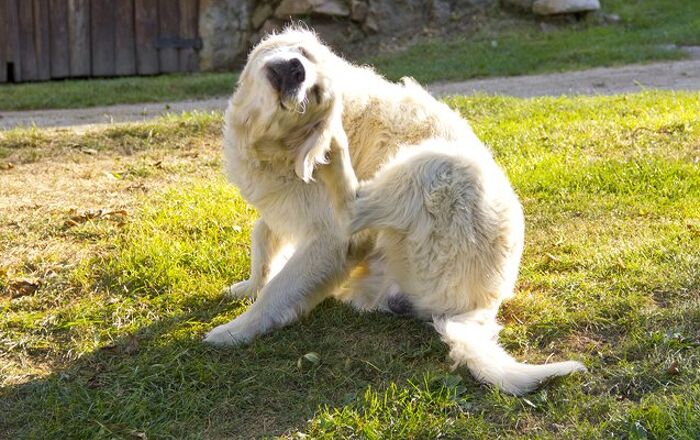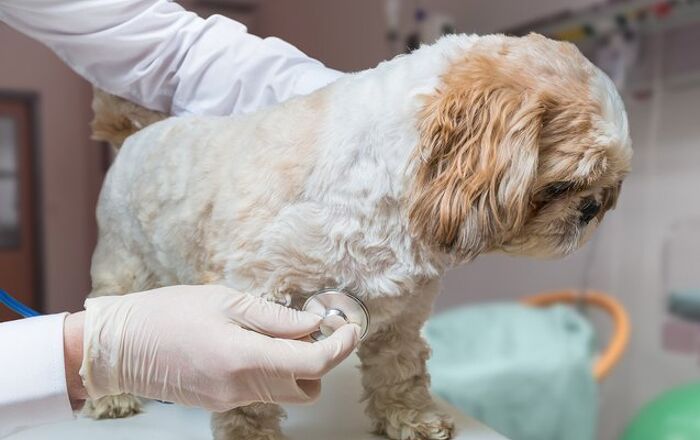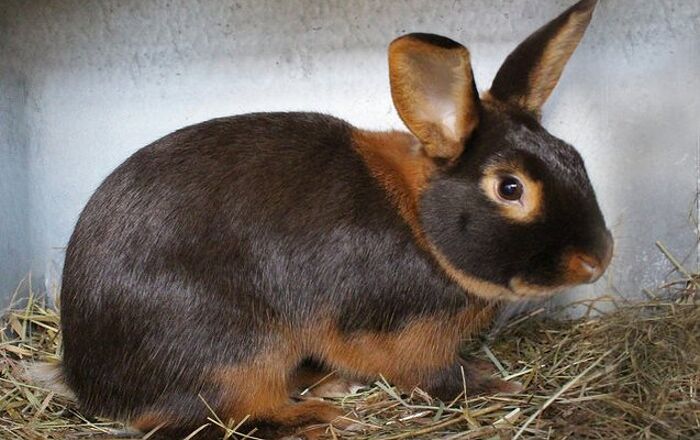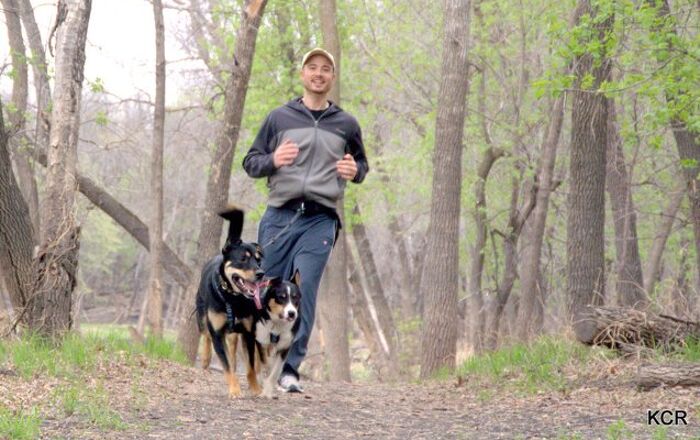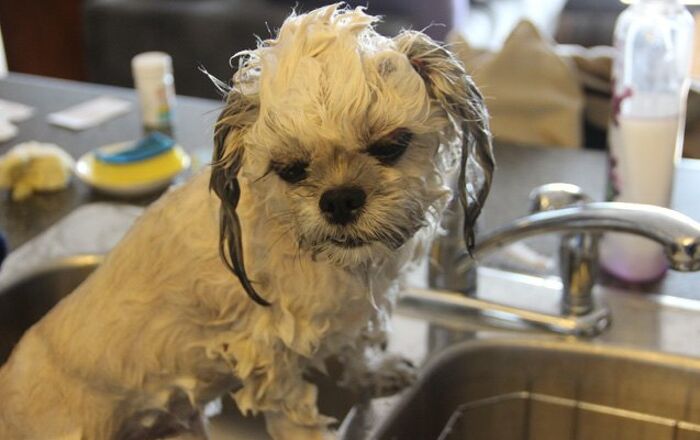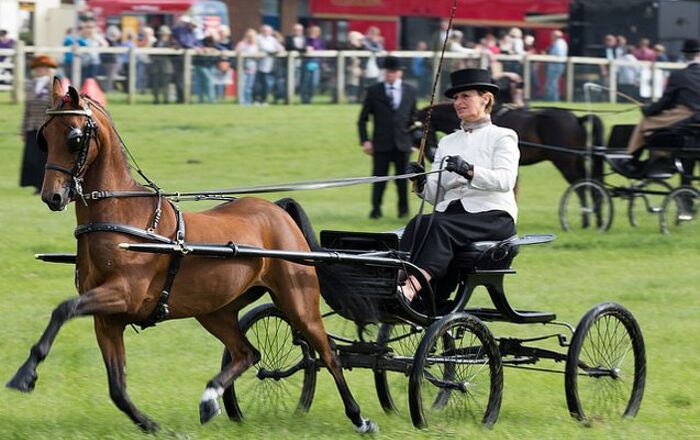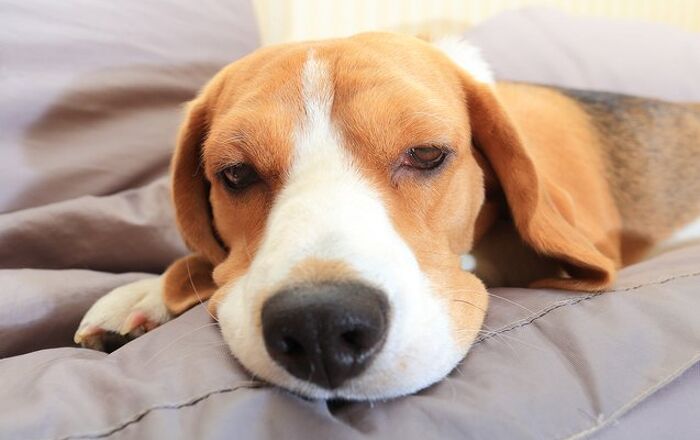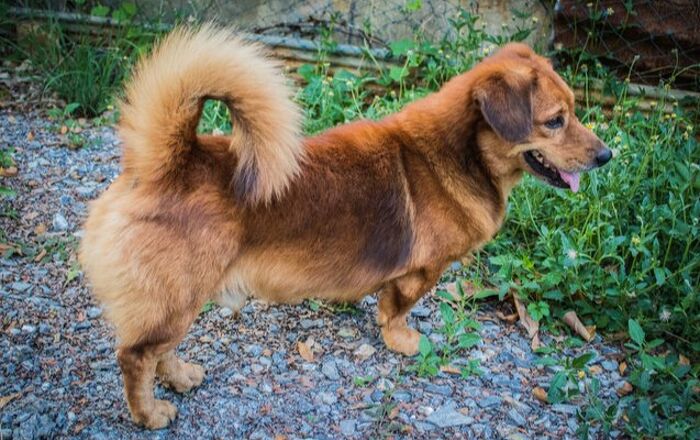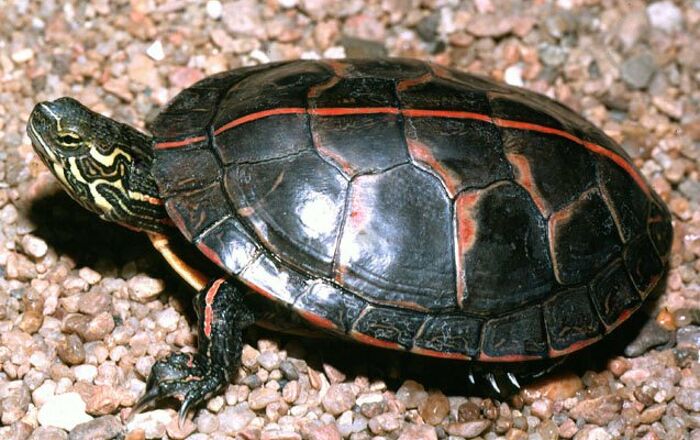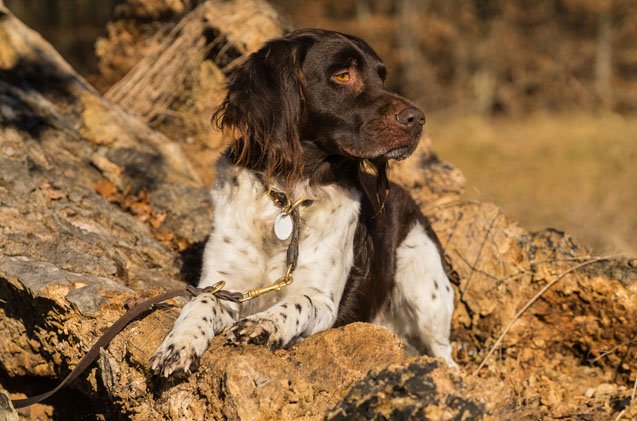
Small Münsterländer Basics
Known as the Kleiner Münsterländer in Germany, the Small Münsterländer looks like a smaller version of the versatile hunting breed known as the Large Münsterländer. Despite the similarities, however, the two breeds were developed from different breeding stock. Known for his pointing, retrieving, and hunting skills, this dog is still rare in the United States but is definitely worth a look.
Known as the Kleiner Münsterländer in Germany, the Small Münsterländer is a versatile hunting breed.
Origin
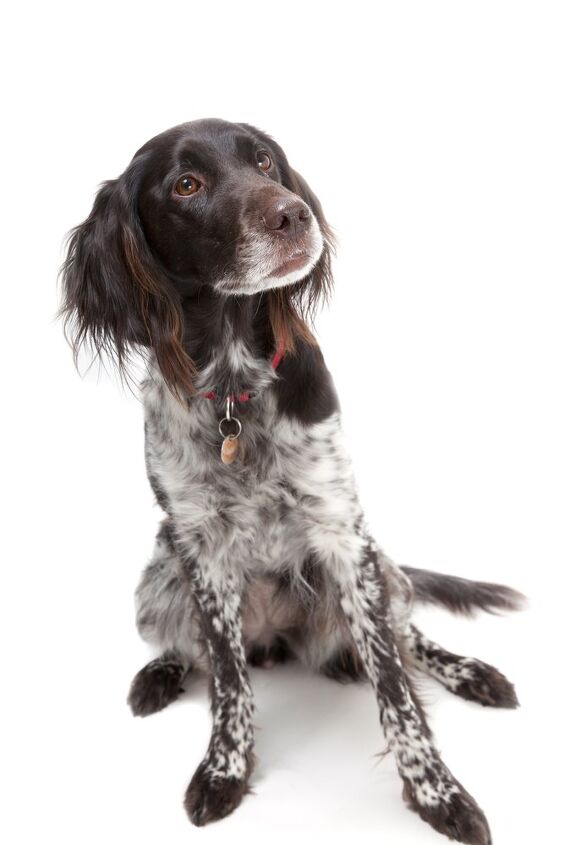
A versatile hunting, pointing, and retrieving breed, the Small Münsterländer originated in the Munster area of Germany during the late 19th century. Created by crossing the German Longhaired Pointer with the Wachtelhund, a longhaired spaniel, the Small Münsterländer was developed to serve as a multipurpose dog who could not only point but hunt and track game. Though the breed almost disappeared in the aftermath of World War II, it was revived in its homeland and eventually made its way to the States. Though he was only recently admitted into the Foundation Stock Service, the Small Münsterländer was recognized by the United Kennel Club in 2006.
Pedigree
The Small Münsterländer is the result of a cross between the German Longhaired Pointer and longhaired spaniels known as Wachtelhunds.
Food/Diet
As a medium- to large-sized dog, the Small Münsterländer should be fed a high-quality dry food formulated for adult dogs. You should also remember that, because this breed was developed for hunting, he may do well on an active or working breed formula. Talk to your vet about your dog’s nutritional needs based on his size and activity level.
The Small Münsterländer breed is mild-mannered by nature and highly affectionate with family.
Training
The Small Münsterländer is a highly intelligent and very trainable breed that excels in a variety of roles as a hunter. These dogs learn very quickly with consistent training, but you should handle them gently and use only positive reinforcement training methods. If you try to force the Small Münsterländer to do something he doesn’t want to do, he can be stubborn and willful. Generally speaking, however, this breed is eager to please, obedient, and wonderful to work with.
Weight
The Small Münsterländer walks the line between being a medium-sized and large-breed dog, standing between 19 and 22 inches tall and weighing between 35 and 60 pounds at maturity.
Temperament/Behavior
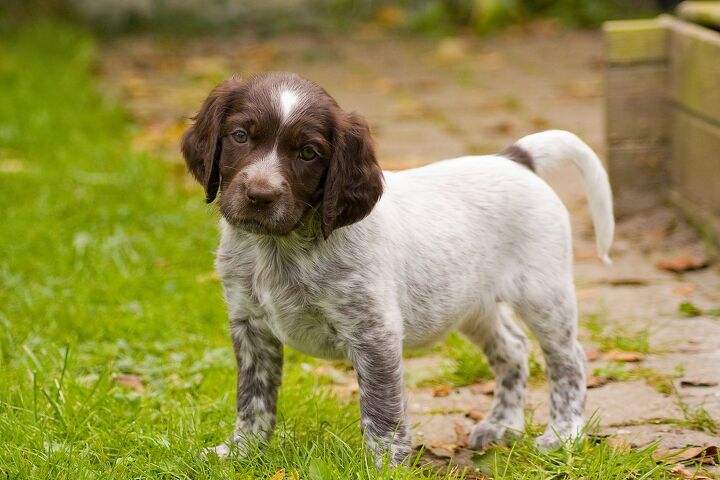
In the field, the Small Münsterländer is a versatile and adaptable breed who is firmly committed to his work. These dogs absolutely love to be in the field, but they also excel as family companions. The Small Münsterländer breed is mild-mannered by nature and highly affectionate with family, though some dogs do tend to bond more closely with one member of the family. These dogs require a great deal of daily exercise to prevent the development of problem behaviors, but they are not naturally disobedient. When handled gently and trained from an early age, they do quite well in the home and they get along well with children and other dogs. Just be careful about other pets due to his strong prey drive.
Common Health Problems
The Small Münsterländer is a very healthy breed overall with congenital problems being very rare. All dogs are, however, prone to certain health problems and some that may affect this breed include ear infections, skin problems, and hip dysplasia.
Life Expectancy
The average lifespan for the Small Münsterländer is thought to be about 12 to 14 years which is fairly long for a breed of its size. Feeding your dog a high-quality diet and making sure he gets plenty of exercise are the best ways to maximize his lifespan.
Exercise Requirements
The Small Münsterländer is a highly active breed that requires a great deal of daily exercise. This breed needs at least an hour of rigorous exercise each day and will also appreciate having a fenced yard in which to run and play. Training your Small Münsterländer for dog sports or hunting can provide additional exercise as well.
In the field, the Small Münsterländer is a versatile and adaptable breed who is firmly committed to his work.
Recognized Clubs
The Small Münsterländer is not currently recognized by the AKC but he is part of the Foundation Stock Service (FSS) and is recognized by the FCI and the United Kennel Club. The FCI classifies him in Group 7 as a Continental Pointing Dog and the United Kennel Club recognizes him as a Gundog.
Coat
The Small Münsterländer is a very attractive breed with a medium-length, glossy coat. The coat ranges from straight to slightly wavy on various parts of the body with heavy feathering on the legs. This breed is brown and white in coloration with a great deal of variation when it comes to pattern. Most dogs have large patches of brown on a solid white or ticked background. Even though his coat is fairly long, he doesn’t shed excessively so weekly brushing is usually adequate to control shedding.
Puppies
The average litter size for the Small Münsterländer is 4 to 6 puppies. Because this breed walks the line of being a large-breed dog, you should consider feeding your puppy a recipe formulated for large breeds – this will help to keep him from growing too quickly. When large-breed puppies grow too fast, they have a higher risk for musculoskeletal issues in adulthood. It is also recommended that you start Small Münsterländer puppies with socialization and training as early as possible.
Photo credit: Bildagentur Zoonar GmbH/Shutterstock; MichaelHansen/Shutterstock; Marlonneke Willemsen/Shutterstock

